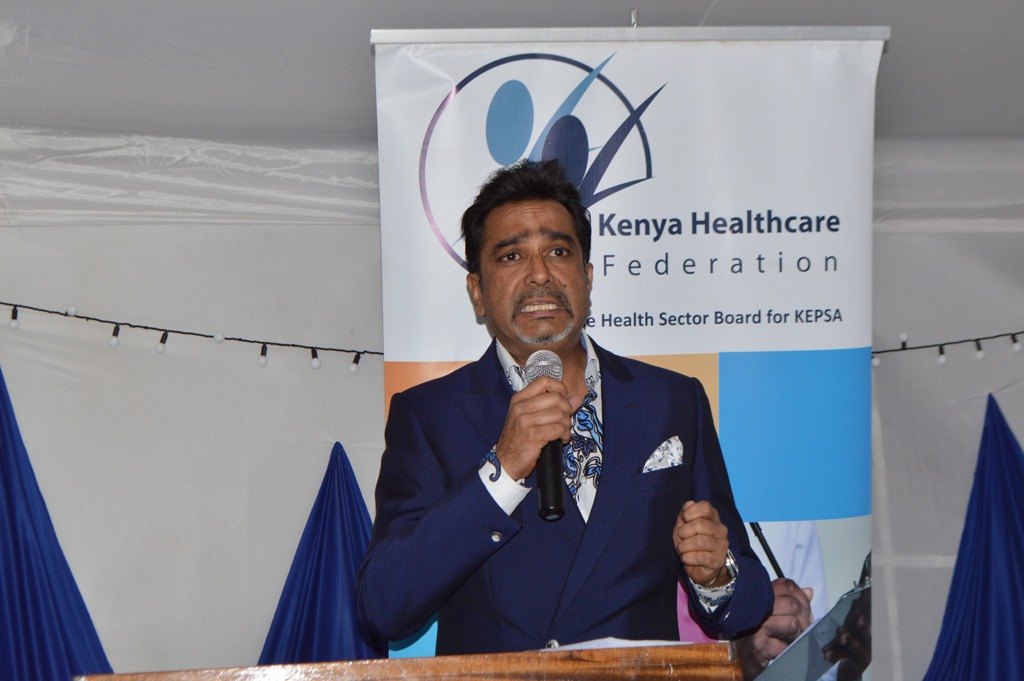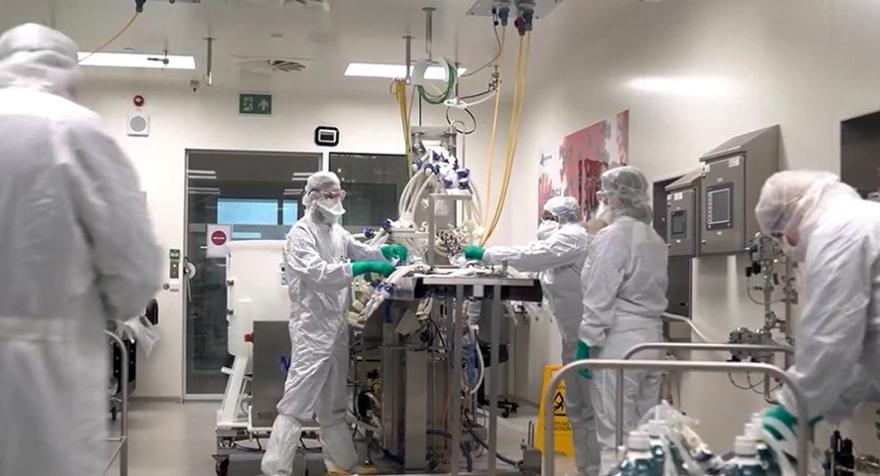COVID 19: Private sector in health systems wants inclusivity

Giant private firms in the health sector want the government to integrate them in the ongoing purchase and countrywide rollout of the Covid-19 vaccination campaign.
The Kenya Healthcare Federation (KHF), the Health Sector Board of the Kenya Private Sector Alliance (KEPSA), argues that private enterprises, at least those with long-standing expertise, could provide extra coverage of between 20-30 percent if incorporated in the campaign.
Kenya is set to receive 24 million doses through the COVID-19 Vaccines Global Access facility – COVAX. Also, it is through the COVAX Facility’s mechanism to provide donor-funded vaccines to lower-income countries that in February 2021, Kenya received 1.02 million doses of the Oxford/AstraZeneca vaccine.
The country hopes to comprehensively vaccinate its population by June 2023, where expects to have received about 49 million doses, covering 30 percent of the population.
Appearing before the Senate Committee on Health on Tuesday, the KHF Chairman Amit N. Thakker said Kenya needs to vaccinate 70 percent of the population in the shortest time possible and the private sector could accelerate the process.
According to Thakker, the private sector could play a role in sourcing, importation, and distribution of vaccines and also in administering the jabs.
He added that the private sector could also offer technological and administrative support to the government.
“We have identified five companies which are not new in vaccines business, they have done before. The firms have been bringing vaccines into the country in the past,” Thakker said in his submissions to the Senate Committee.
On April 2, the Ministry of Health banned the importation, distribution, and administration of Covid-19 vaccines by private enterprises.
The National Emergency Response Committee (NERC) put on hold the private sector’s importation, distribution, and administration of vaccines until such a time there will be greater transparency and accountability in the process.
On Tuesday, Thakker downplayed fears over a looming shortage of the AstraZeneca vaccine.
The country will run out of the AstraZeneca vaccine doses in the next seven days once the 70,000 doses at the national central store are consumed.
“Everyone who got a text message and they are expecting a second dose of AstraZeneca vaccine in eight weeks, should add four weeks, to make it twelve weeks, there should be no cause for alarm. You will be okay health wise,” said Thakker.
Thakker blamed a sluggish vaccine deployment plan for the looming shortage. He added that overreliance on COVAX, a weak communication strategy, and hesitancy and confusion among key players were also to blame. He said the government should utilize the expertise in the private sector to improve reach and efficiency.
Health CAS Rashid Aman, in his submissions to the same committee on 8 April, said those who had received the first dose of Sputnik V and were due for the second dose after three weeks would complete the vaccination. Sputnik V had been brought into the country by private enterprises.
The decision was arrived at since mixing of vaccines is not recommended by both the World Health Organization (WHO) and other experts due to their different modes of action.
Dr. Kanyenje Gakombe, the Chief Executive Officer and Managing Director, Metropolitan Hospitals Limited while appearing before the committee, said the state should allow the private sector to import and pay its distributors to ease pressure on the government.
Dr. Gakombe held that the ideal arrangement is where every manufacturer appoints a Kenyan distributor.
“The manufacturer’s generally vetted distributors to assess capacity to manage their specific products safely. Distributors are also approved by the Pharmacy and Poisons Board (PPB),” he told Senators.
According to him. Ideally, everyone from the manufacturer to the facility and nurse administering the vaccine should be vetted and approved.
“Kenya has administered vaccines for decades under the KEPI framework. KEPI uses a sector-wide approach to ensure as wide to reach as possible. It is a matter of using and scaling up this capacity to meet COVID-19 vaccination demands and challenges,” he held.













